
The state of public calamity in Brazil has loosened State financial controls. The measure may help to reduce the economic impacts of the covid-19 pandemic, but it ends up exposing the national budget of Brazil to the default risk.

The goal is to streamline and simplify various procedures to accelerate the raising of funds from multilateral organizations to finance projects related to combating the covid-19 pandemic. States and municipalities, public banks, and development agencies are the primary beneficiaries.
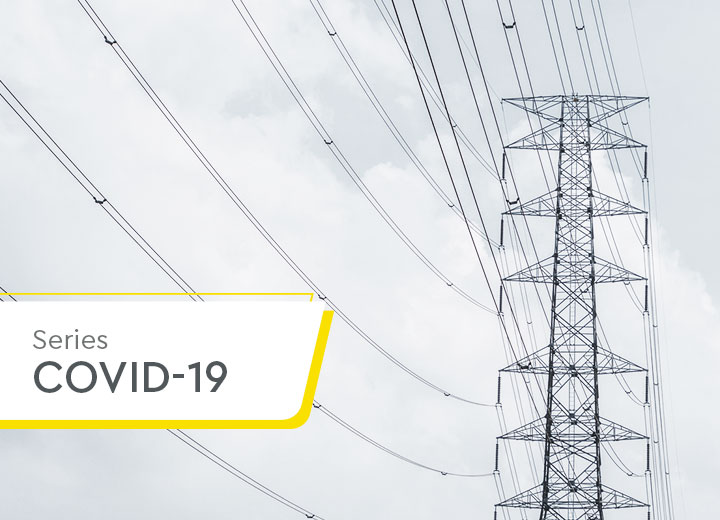
With executive orders 949 and 950, the Brazilian government transfers 900 million Brazilian Reais to electric companies in order to offset the discounts granted to low-income consumers and establishes emergency solutions for the sector.
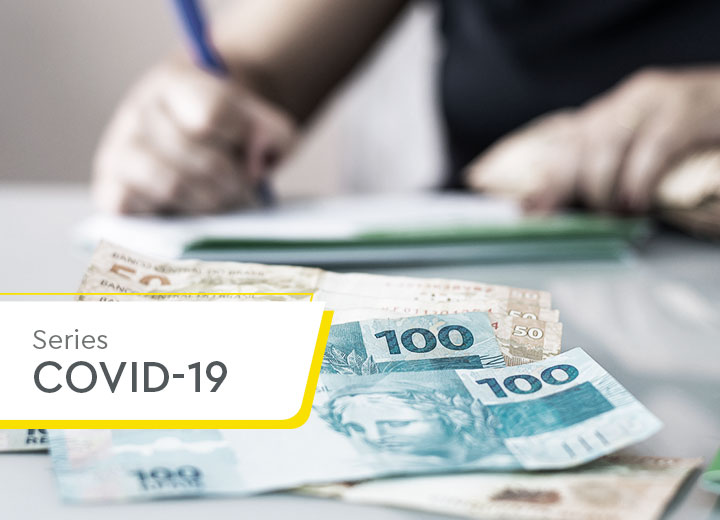
Standstill agreement applies to all of BNDES’s direct and indirect financing instruments. The suspension is valid for six months in order to mitigate the impacts of the current covid-19 crisis for borrowing companies.
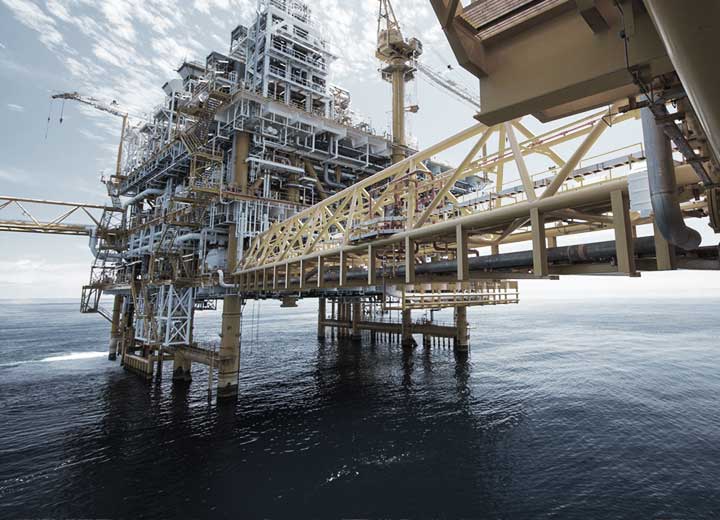
Resolution No. 806/2020 of the ANP (National Agency of Petroleum, Natural Gas and Biofuels) establishes new procedures for the control and reduction of flaring and losses of oil and natural gas in exploration and production (E&P) activities.

Approximately 20 years after the first federal and state programs for highway concessions for the private sector, the concession agreements then entered into between the public administration and the operators of these sections will soon expire and there is much expectation regarding what measures will be taken in relation to them.

After more than six years under discussion, Bill No. 6,407/13 (the Gas Bill) was approved by the Chamber of Deputies' Mines and Energy Committee on October 23rd. The text amends provisions of Law No. 11,909/09, which establishes the legal framework for the natural gas sector in Brazil.

Distributed generation (DG) allows consumers to generate their own electricity from renewable sources or qualified cogeneration and, where possible, provide the surplus to their own local distribution grid. The system has two modes: distributed microgeneration (with installed power less than or equal to 75 kW) and distributed mini-generation (with installed power greater than 75 kW and less than or equal to 5 MW) of electricity. With the possibility of new regulations for DG, the innovations expected may combine financial economy, social and environmental awareness, and self-sustainability.

Created by Law No. 12,431/11 to promote the participation of private investment in financing the infrastructure sector in Brazil, infrastructure debentures have been gaining ever more force since 2016, with the reduction of the participation of the National Development Bank (BNDES) in the financing of new projects and the stabilization of Brazilian macroeconomic conditions.

The legalization of cannabis sativa for medicinal purposes is a controversial topic that has been debated for a long time in Brazil and in other countries. Despite criticism, some favorable points of the measure need to be considered, especially at this time when bills on the subject are pending before Congress and Anvisa (National Health Surveillance Agency) is spearheading public consultations on the regulation of controlled cultivation of the plant for medicinal use.
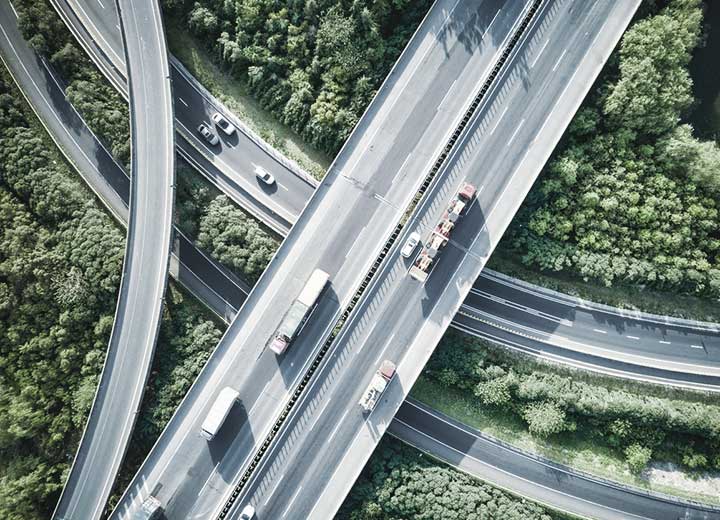
The Federal Government published on, August 7, Decree No. 9,957/19, which regulates the procedure for the rebidding of partnership contracts in the highway, railway, and airport sectors. The rules complement the provisions of Chapter III of Law No. 13,448/17, which already provided for the possibility of rebidding, but lacked specific regulations, a fact that had been causing concern for various market players, especially those linked to the highway and airport sectors.

Law No. 13,848/19, enacted in June, established the new framework for regulatory agencies in Brazil. Originating from Bill No. 52/13, the text signed into law differs very little from what was initially approved by the Senate, in spite of a few presidential vetoes and specific changes introduced by congressmen.
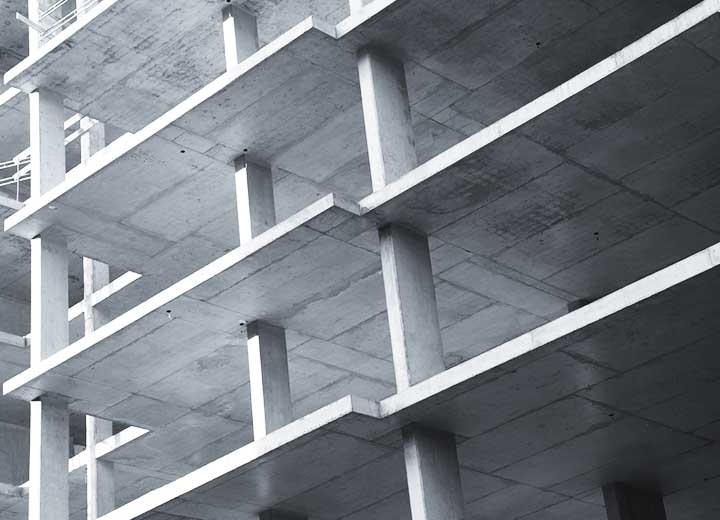
The financing of infrastructure projects in Brazil has been undergoing important changes in recent years, caused, among other factors, by redefinition of the role of the National Bank for Economic and Social Development (BNDES) in this type of transaction.

Signed into law by President Jair Bolsonaro with a partial veto, Executive Order (MP) No. 863/18 was converted on June 17th into Law No. 13,842, which extinguished the 20% limit on the participation of foreign capital in Brazilian airlines.

Competition law experts and businesspersons are following with apprehension the end of the term of office of the commissioners on the Administrative Tribunal of the Administrative Council for Economic Defense (Cade).